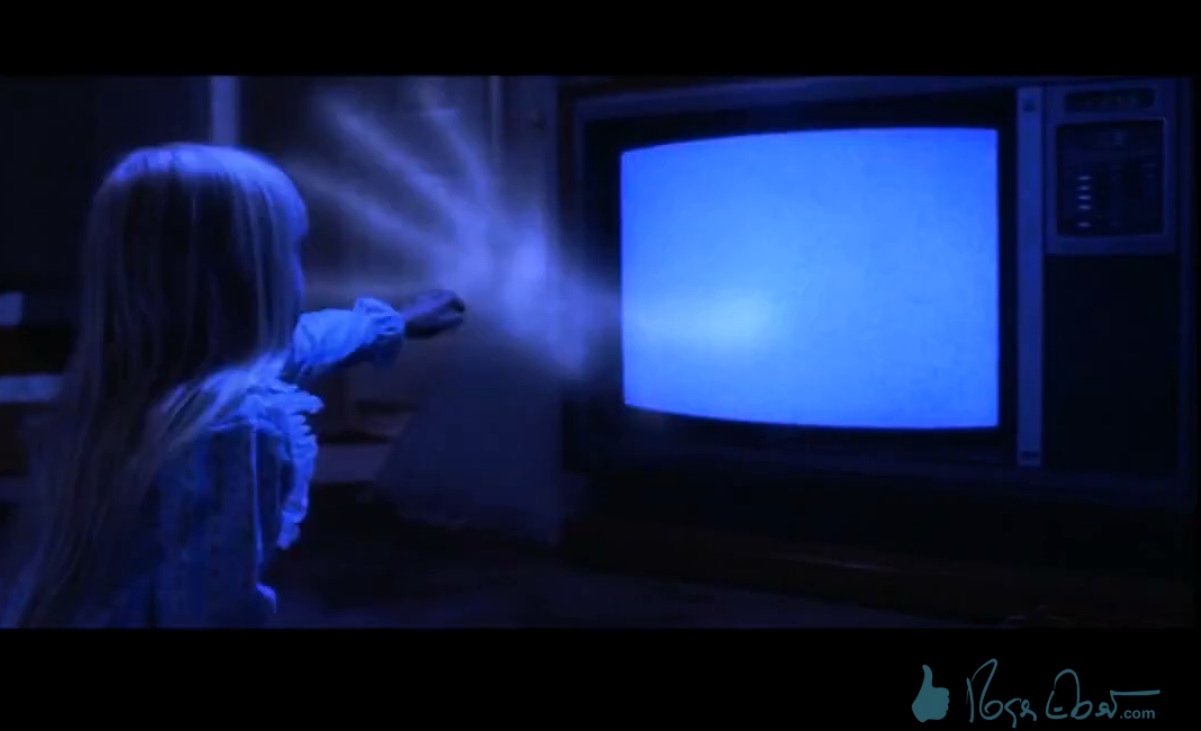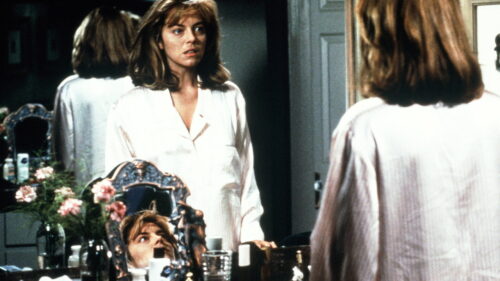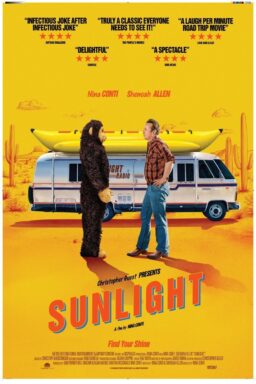Television has been a demon in the mythology of cinema pretty much since its inception as a commercial medium in the early 1950s. Even some of the sainted apostles of television as news or art warned of the medium’s potential to pacify its viewers. Crusading broadcaster Edward R. Murrow famously cautioned the TV news industry that without proper moral and intellectual rigor, television was nothing more than lights and wires in a box. In the 1960s and ’70s it was seen as something far more sinister: a stupefying force, annihilating reason and turning viewers into pod people.
From approximately the 1950s through the end of the millennium, American cinema used television as a go-to signifier of moral torpor. The hero of 1989’s “Drugstore Cowboy“—based on a novel from the early ’70s—dismisses a stupid and worthless member of a younger generation raised on the box as “a TV baby.” David Cronenberg in “Videodrome” imagines television as a psychosexual corrupter, while John Carpenter’s “They Live” treats it as the vanguard in an alien invasion conquering humanity from the inside, hollowing out human beings into consumerist vessels. Howard Beale in “Network” prophesies television as but one arm of a multinational profit-generating machine, one that treats people as cogs. The greatest of that TV-obsessed film’s many ironies was that Howard Beale’s apocalyptic warnings become just part of TV’s grand, sinister plan. He too was entertainment. He too was disposable.
Nelson Carvajal’s new video essay combines many of these sinister images into a single nightmare reel. But then it goes further, asking what we need to fear from television if television itself is no longer a practical presence in our lives.
Answer: A great deal. Households are less likely to have physical TV sets as the centerpieces of living rooms or bedrooms or even man caves, preferring instead to treat what used to be called “television programs” as more data to be received through their computers, or more often their phones, which are themselves tiny computers. We are still mesmerized by screens; but now the thing we used to think of as a discrete medium, defined by a box full of tubes or a flat screen on a wall, is but one more data stream flowing through the Internet and into our eyeballs, and then our brains.
VIDEO ESSAY: TV Takeover from Nelson Carvajal on Vimeo.












